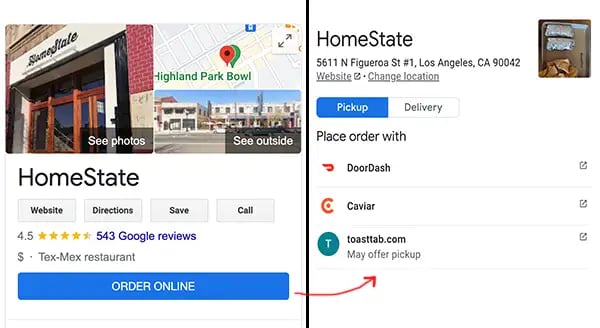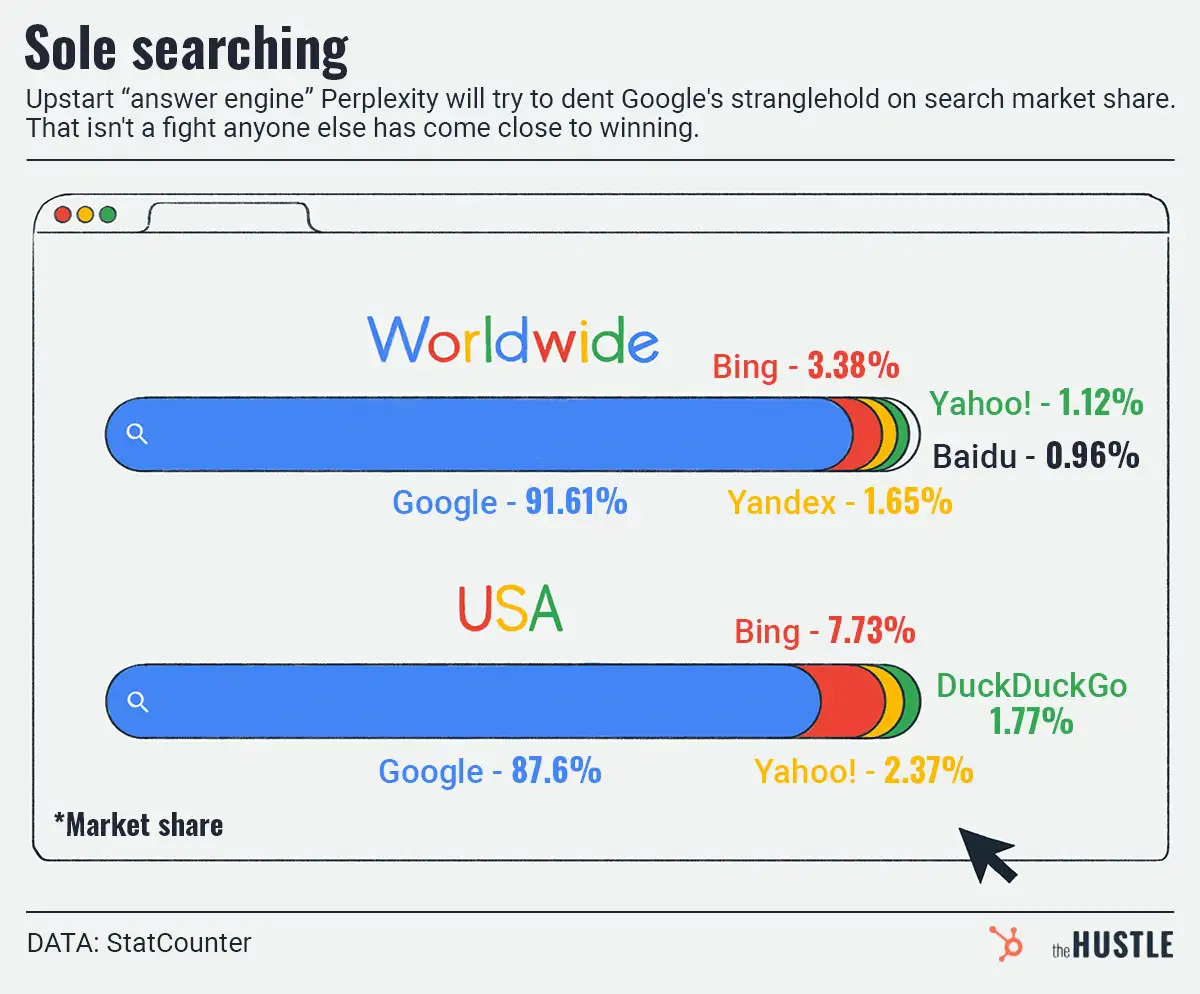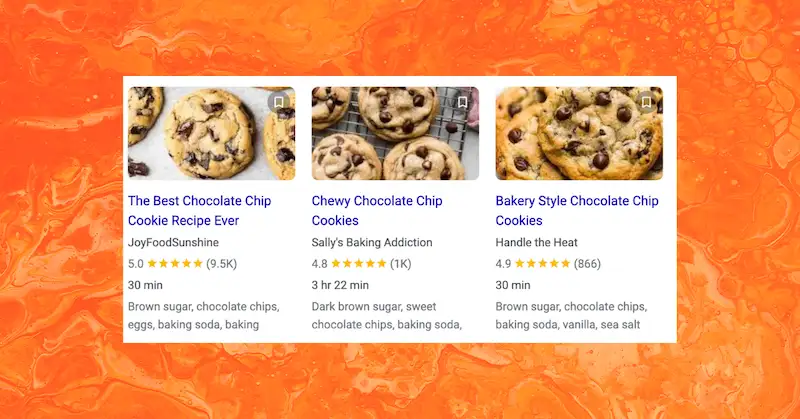In 2020, Forbes reported that Google gets 1B+ searches for restaurants each month, leading it to add new features like star ratings, photos of popular dishes, and partnerships with delivery platforms.

All of this was supposedly to help merchants, but one restaurant group claims Google is actually hijacking orders.
Left Field Holdings operates Lime Fresh Mexican Grill, a fast-casual chain in Florida. Left Field is suing Google, saying it tricks customers via an “unauthorized online storefront.”
How it works:
- Customers search for a restaurant on Google
- A business profile appears on the left with a big blue “Order Online” button
- The button leads to a page where 3rd-party apps like DoorDash and Grubhub are prominently featured, while the restaurant’s own website appears as a simple link

The claim argues that Google does this without permission, deceiving customers and leading them to place orders with delivery services, not the restaurant itself.
A Google spokesperson disagrees…
…and told Ars Technica that Google receives no compensation from the tool, which only exists so that customers can easily order from restaurants that allow delivery.
Per Google’s support page, the button is available to any restaurant that accepts 3rd-party orders and restaurants can set preferences or turn it off.
But if restaurants do nothing, Google seems to set up a default page.
Keller Lenkner, a law firm representing Left Field, sees class-action potential and is soliciting other plaintiffs on its website.
Why it matters
Third-party apps charge commissions as high as 30% of the order value. Amid the pandemic, when restaurants could only do takeout or delivery, several cities had to put caps on those fees to help struggling business owners.
So why do business with them?
The lawsuit claims restaurants often partner with apps in the hopes that customers will discover them, then begin ordering from them directly.
Lime Fresh, for example, has its own ordering system. It incurs no fees for takeout, and partners with DoorDash on delivery for a lower, fixed fee. But it loses money if you use an app instead, and therein lies the problem. Related: In 2019, Grubhub was lambasted for registering 23k+ domain names matching restaurant names, without the businesses’ consent, to capture orders. Grubhub claimed it was just trying to help.










